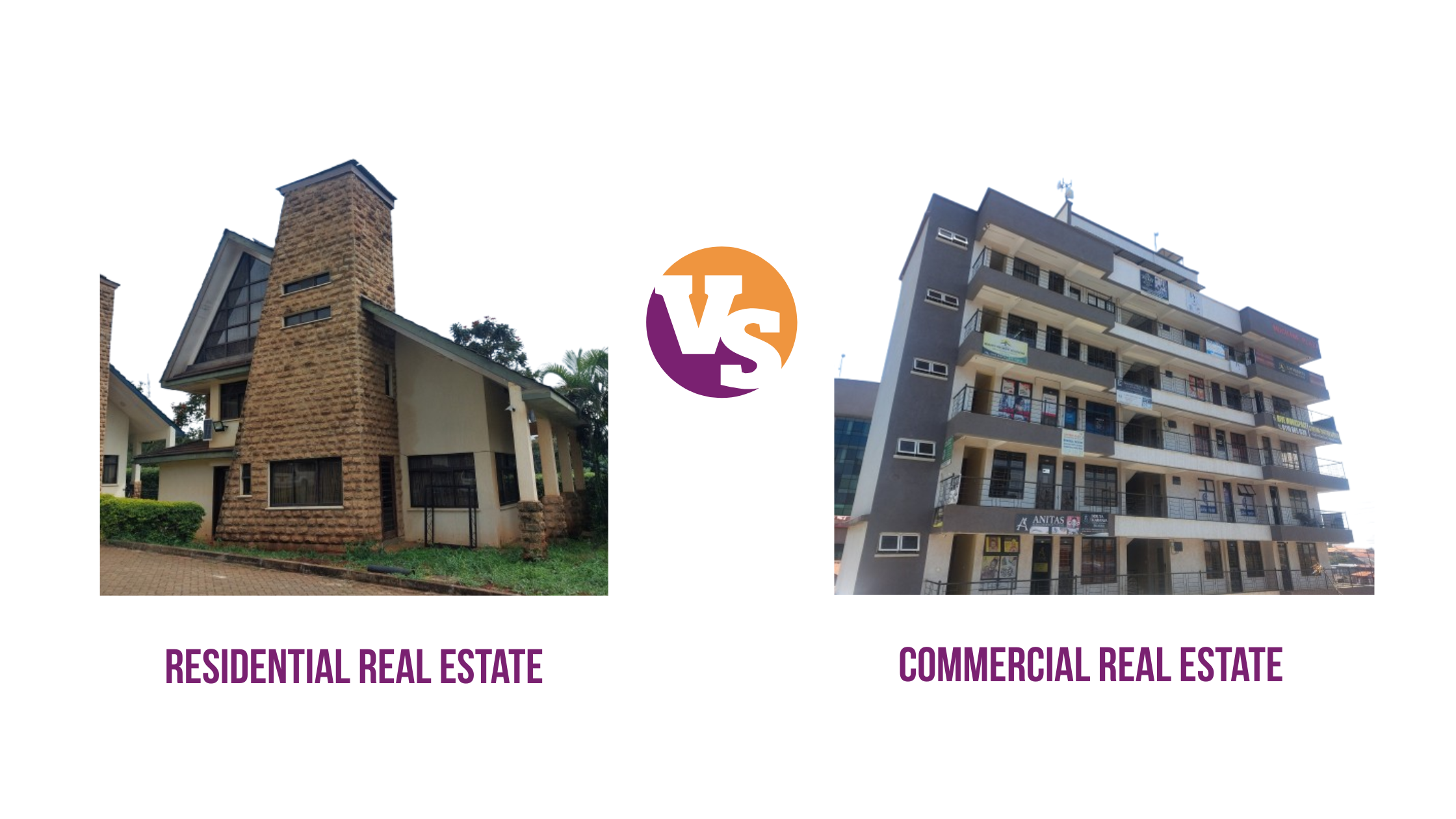
The Ultimate Comparison: Commercial and Residential Property Management
Commercial and Residential Property Management
Property management is a broad field, but it’s not one-size-fits-all. Whether you’re a real estate investor, landlord, or aspiring property manager, understanding the differences between commercial and residential property management is crucial for making informed decisions.
In this blog, we’ll break down the key distinctions, including:
✔ Tenant types & lease structures
✔ Maintenance responsibilities
✔ Financial considerations
✔ Legal & regulatory challenges
✔ Marketing & tenant relations
By the end, you’ll know which type of property management aligns best with your goals—whether you’re looking to invest, hire a manager, or enter the industry yourself.

1. Tenant Types & Lease Agreements
Residential Property Management
- Tenants: Individuals or families renting homes, apartments, or condos.
- Lease Terms: Typically short-term (6 months to 2 years) with standardized lease agreements.
- Rent Structure: Fixed monthly payments, often with late fees for missed payments.
Commercial Property Management
- Tenants: Businesses (retail stores, offices, warehouses, medical practices).
- Lease Terms: Longer (2-5+ years), with more complex, negotiable terms.
- Rent Structure: May include triple net leases, where tenants pay property taxes, insurance, and maintenance, or percentage rent (common in retail).
Why It Matters: Commercial leases offer stability but require deeper legal knowledge. Residential leases are simpler but involve higher tenant turnover.
2. Maintenance & Repairs
Residential Property Management
- Tenants may report issues frequently, requiring quick responses.
Commercial Property Management
- Tenants often handle interior maintenance (depending on the lease).
- Landlords focus on structural repairs, roofing, and common areas.
- Maintenance costs are higher but may be partially covered by tenants.
Key Takeaway: Commercial properties can be less hands-on for landlords but require strong vendor networks for large-scale repairs.
3. Financial & Investment Considerations
Residential Property Management
- Pros: Steady cash flow, easier financing, high demand.
- Cons: Lower ROI, more turnover, and sensitivity to economic downturns.
Commercial Property Management
- Pros: Higher returns, longer leases, potential for appreciation.
- Cons: Riskier (tenant bankruptcies, longer vacancies), requires larger capital.
Bottom Line: Commercial real estate (CRE) can be more profitable but comes with greater financial risk.

4. Legal & Regulatory Differences
Residential Property Management
- Strict tenant protection laws (eviction rules, security deposit limits, fair housing compliance).
- More emotional disputes (noise complaints, lease violations).
Commercial Property Management
- Fewer tenant protection laws, more contractual freedom.
- Complex zoning laws, ADA compliance, and environmental regulations.
Why It Matters: Residential managers need strong knowledge of tenant rights, while commercial managers must navigate business contracts and compliance.
5. Marketing & Tenant Relations
Residential Property Management
- Leases fill faster (1–2 months).
- Marketing on platforms like Jiji, and Facebook
Commercial Property Management
- Longer vacancy periods (6+ months).
- Targeted marketing via Jiji, Property24 Kenya, networking among others.
- Tenant relationships are more business-oriented.
Takeaway: Residential is about quick leasing and tenant retention, while commercial requires patience and strong negotiation skills.
Which One Is Right for You?
Choose Residential If You…
✔ Want a more hands-off, stable investment.
✔ Prefer dealing with individuals over businesses.
✔ Like faster lease-ups and consistent demand.
Choose Commercial If You…
✔ Seek higher returns and long-term leases.
✔ Have experience in business negotiations.
✔ Can handle riskier, higher-capital investments.
Final Thoughts
Both commercial and residential property management have unique challenges and rewards. Your choice depends on your investment goals, risk tolerance, and management style.
Want to dive deeper? Check out similar blogs here:



